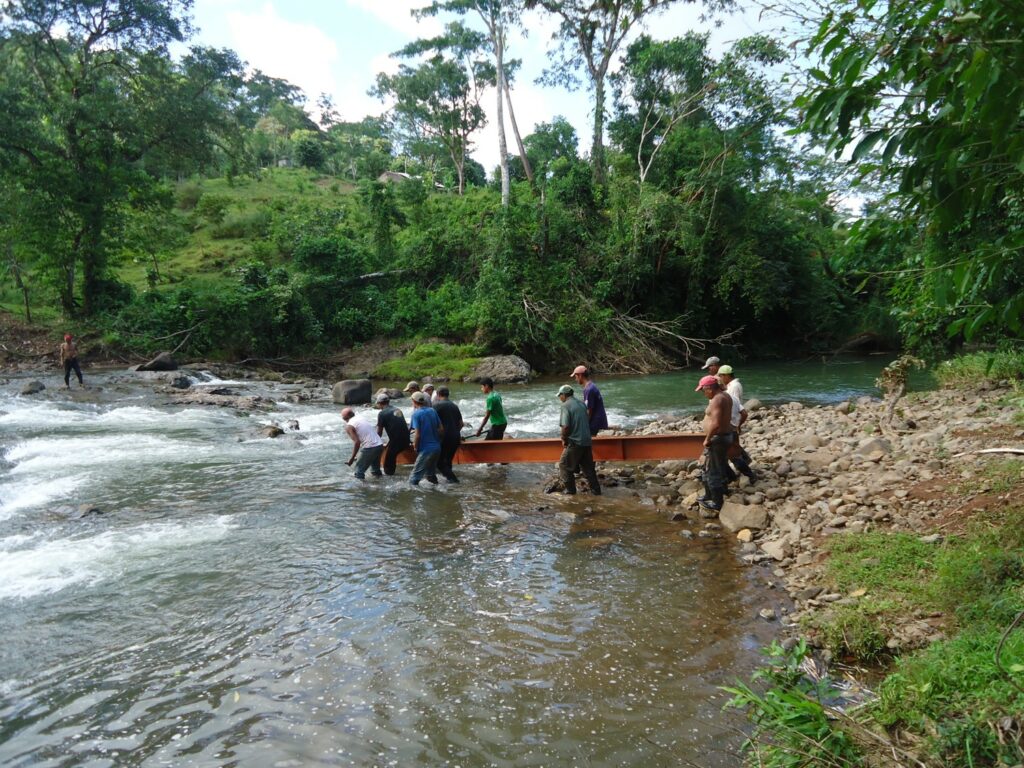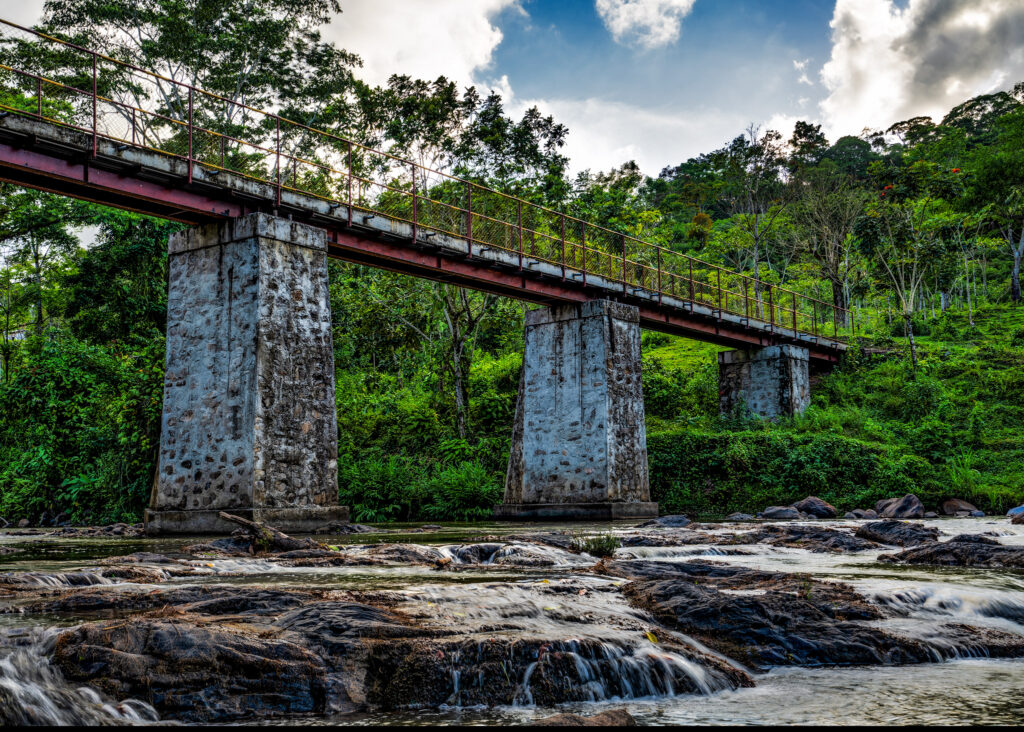Our Work
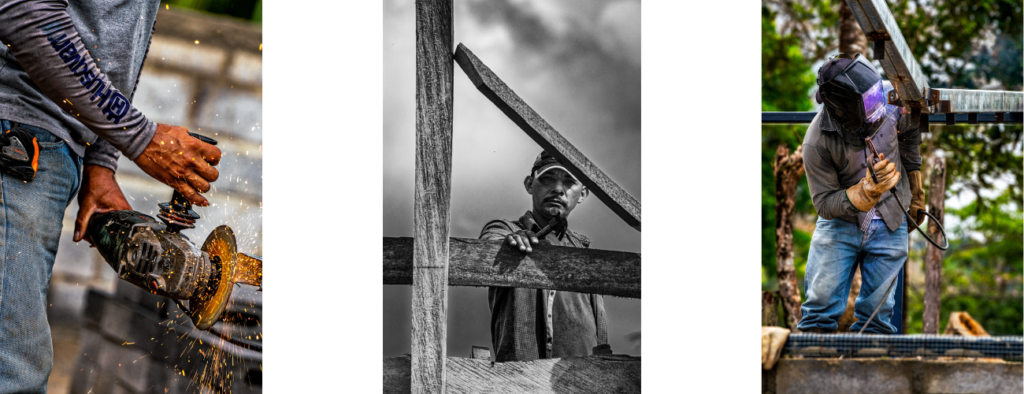
How We Work
Responding to voiced need has led us to our current focus. We work with communities that have identified both the problems they want to solve and the solutions to fix them. Our purpose is to facilitate projects that have real grassroots support and local buy-in that result in sustainable progress. By tackling education, water, and sanitation issues simultaneously we help communities achieve more complete solutions to complex problems.
Project Schoolhouse supplies materials and expertise, and the community supplies all of the volunteer labor to bring the projects to fruition. Every dollar invested in these projects is amplified by 3 when combined with the value of the community-volunteered labor.
Where We Work
Nicaragua is the poorest country in Central America. 8 in 10 people living in rural areas globally lack access to safe water. (1) In the rural areas where we work, there are 1.8 million people living without access to safe water. (2)
Our work is currently focused in the center of the country in villages surrounding Rio Blanco and extending southeast into Bocana de Pawias. The typical recipient community is 35-60 households, far from a traversable road (they ride horses or walk), lacks clean water and electricity, with an average income of under $2 per day.
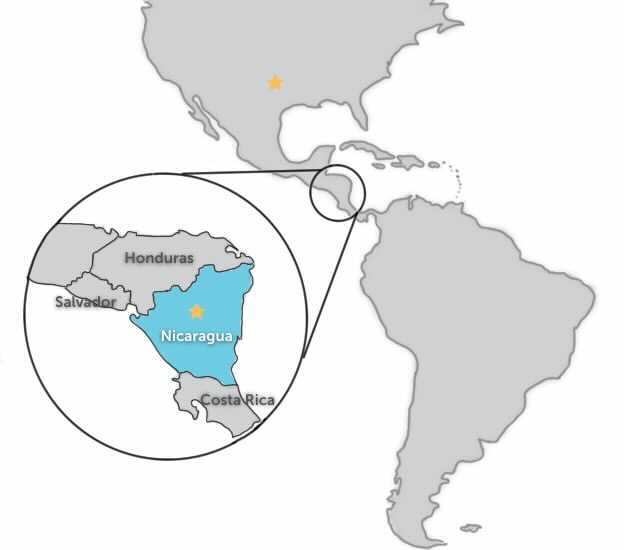

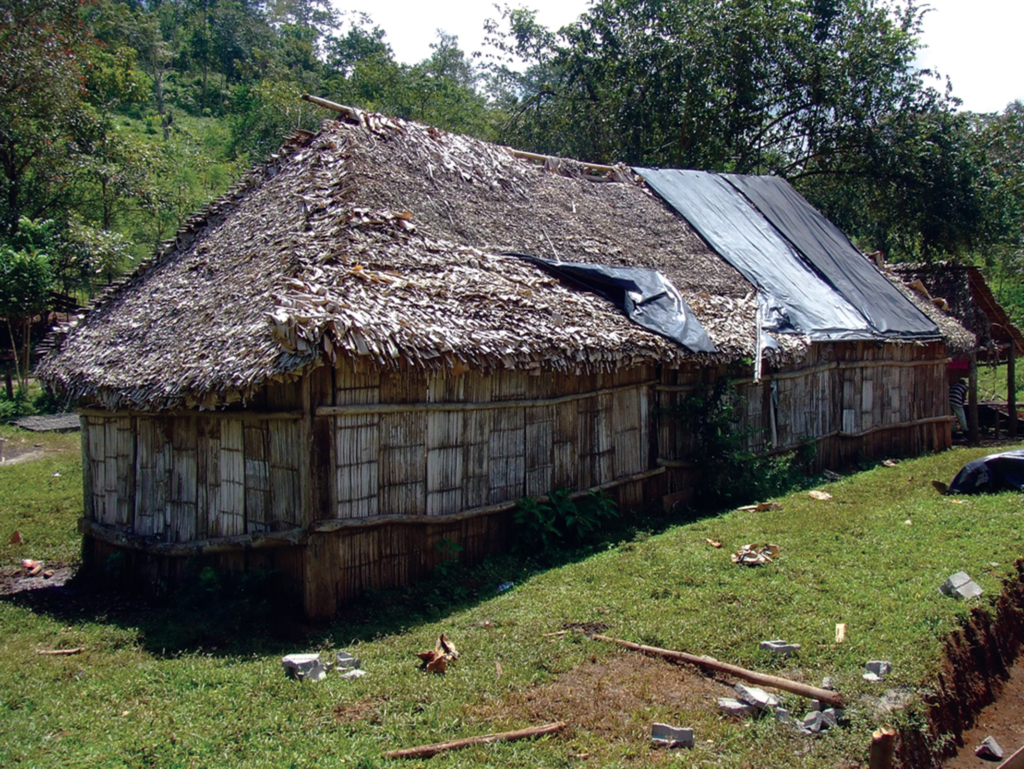
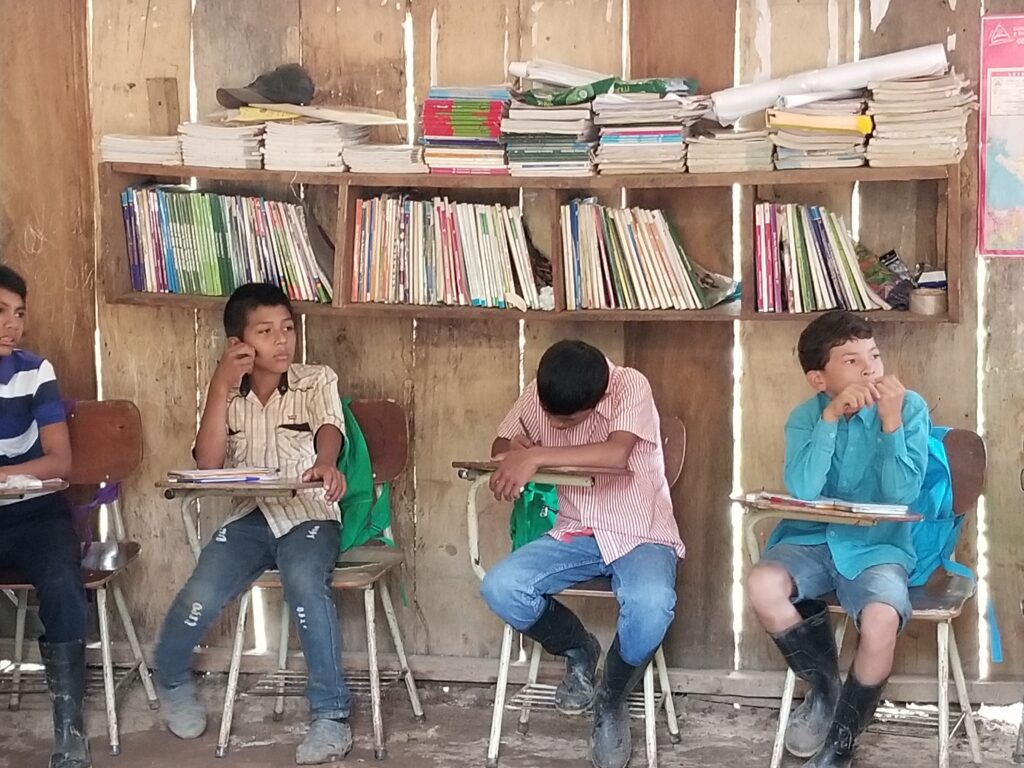
We believe that schools can be a foundation for a stronger, more vital, and sustainable future for the whole community.
In communities where we work, existing schools are ramshackle affairs. They are small, old, leaky, wet, and dirty. Often 40 or so children will be crammed into a building no larger than an average bedroom in the USA.
When it rains, water enters the classroom, turns the dirt floor to mud, and completely disrupts the learning process. Students and teachers distracted by mud, rain, and overcrowding find it difficult to do their jobs of learning and teaching.
Dry, secure, and spacious classroom environments can be the difference between learning and not learning.

We believe having water in the home is extremely important.
There are enormous economic, educational, and health benefits to a community in having access to safe water in the home.
Water-borne illnesses are virtually eliminated and the time given back to girls and women, in particular, is profound. The need to fetch water is eliminated. Walking long distances carrying heavy loads of water or laundry is eliminated. Time to focus on learning, childcare, and economic activities changes lives.
We build spring-fed, gravity-flow water systems. We tap natural, pure spring water at its source and bring it to a holding tank to pressurize the system. From there it flows downhill into every home in the community.
The simplicity of the design means that there are no moving parts, nothing that can break, and required maintenance is minimal. The Community Water Board is trained to perform the basic, on-going maintenance to ensure the system’s long-term functionality.
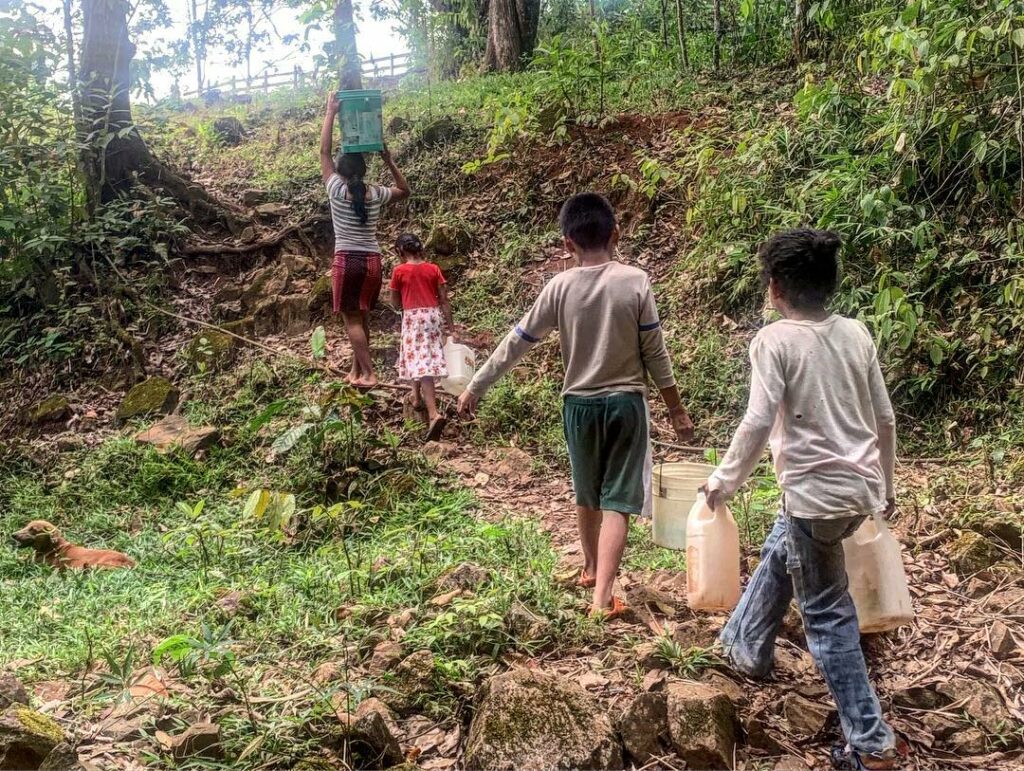
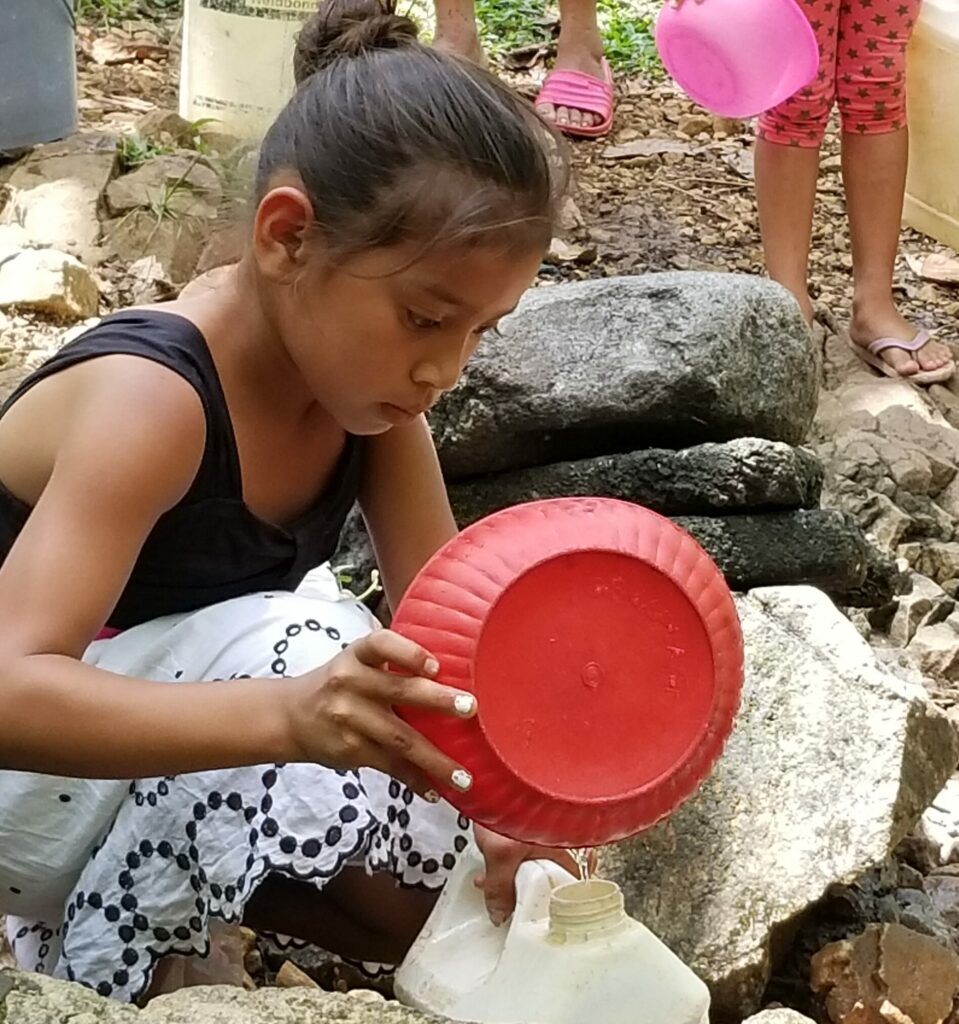

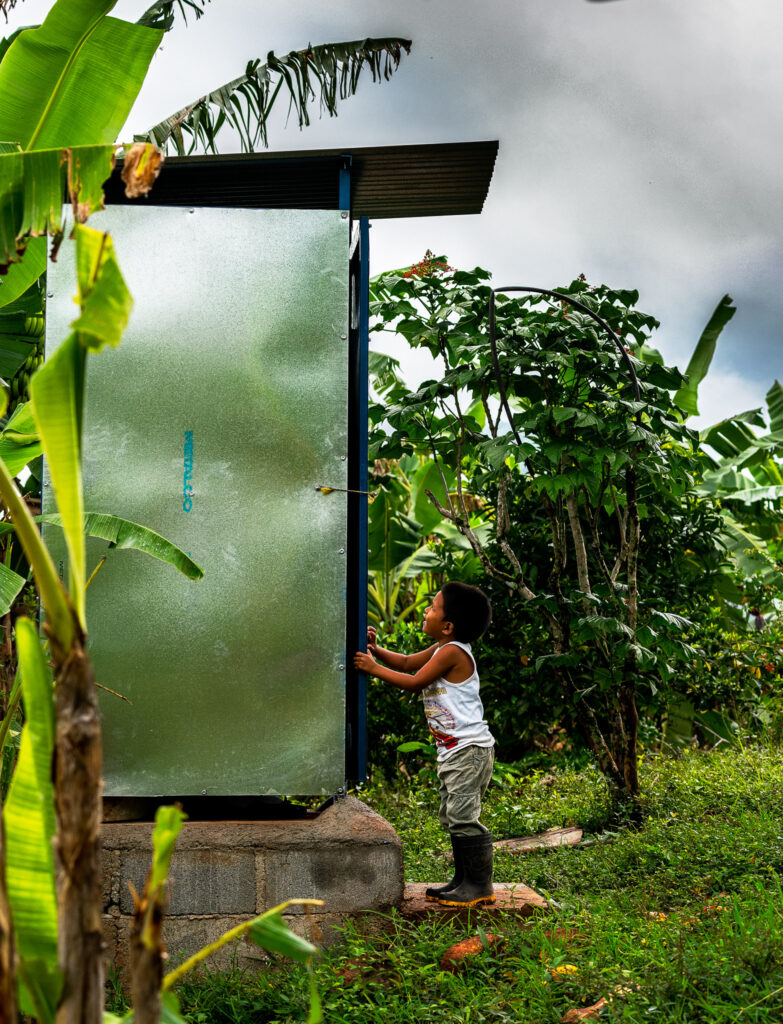
We believe in the dignity and right to adequate sanitation for all.
Inadequate sanitation is estimated to cause 432,000 diarrhoeal deaths annually and is a major factor in several neglected tropical diseases, including intestinal worms, schistosomiasis, and trachoma. Poor sanitation also contributes to malnutrition, increased risk of sexual assault, and lost educational opportunities.(3)
Each of our school and water projects includes providing latrines to the school and each home in the community, promoting dignity and increasing safety, particularly among women and girls.

We believe in responding to voiced need.
Remaining true to our commitment to respond to voiced need, we have pivoted to support community needs outside of our core projects. In 2016 we heard clearly from one community that the river dividing the homes made the trek to school too dangerous for the children on the opposite side of the river. They expressed interest in building a pedestrian bridge as part of the overall project that also included a new school building.
It was a heroic effort and one that has spurred economic development in the area now that consistent, safe access to the community is in place.
Read more about this community project in ‘Derlin Engages Community Spirit.’
